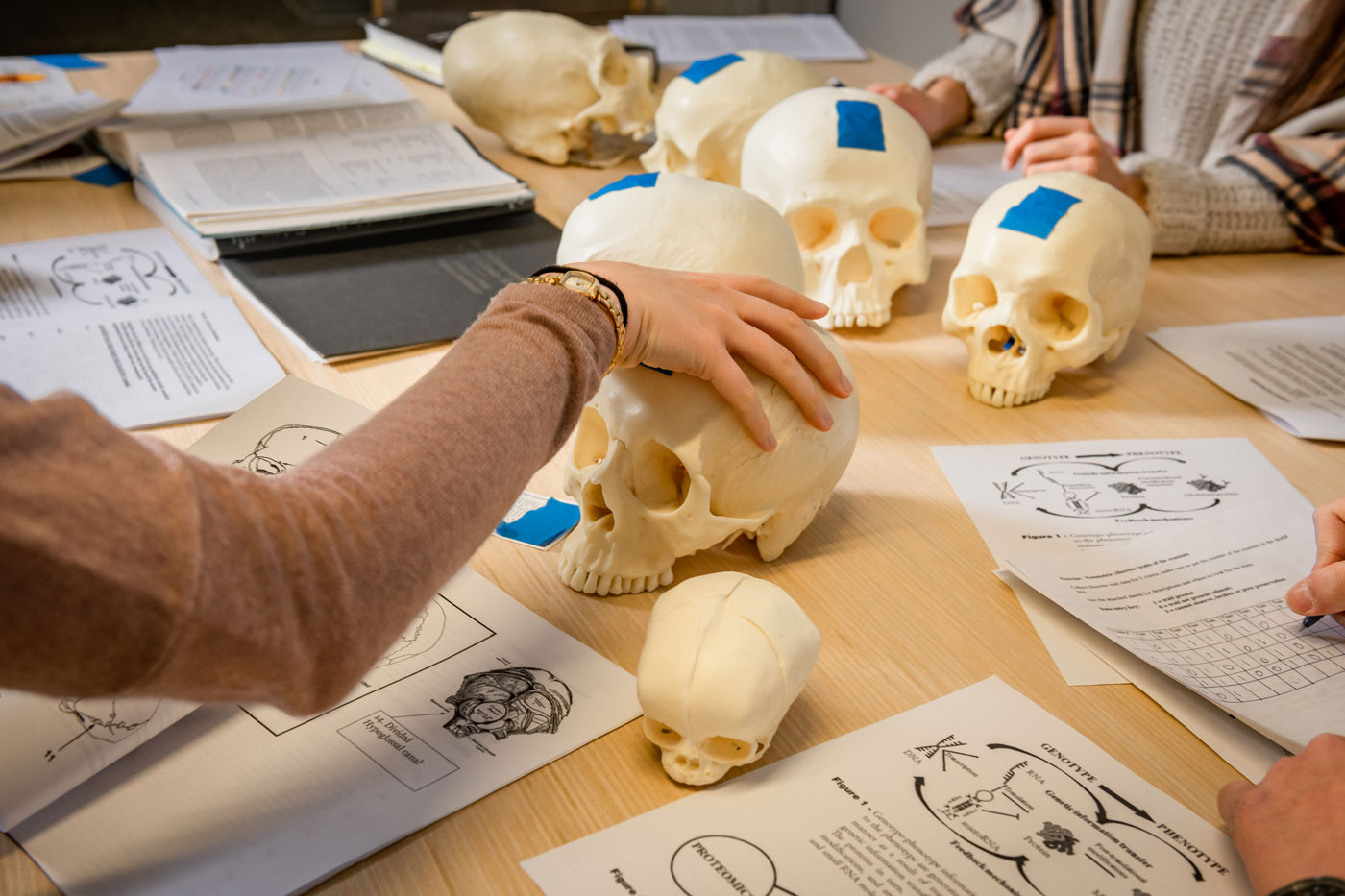
A Bachelor of Arts in Anthropology is a captivating and intellectually enriching program that explores the multifaceted dimensions of human culture, evolution, and societies. This undergraduate degree encompasses a diverse range of subjects, including cultural anthropology, archaeology, linguistic anthropology, and physical anthropology. Students engage in a comprehensive study of human behavior, examining how societies are formed, how cultures evolve, and how humans have adapted to their environments over time. The curriculum often involves theoretical coursework and hands-on experiences, such as fieldwork and research projects. Through these practical applications, students develop critical thinking skills and gain insights into the methodologies of anthropological inquiry. Courses in cultural anthropology may involve the study of rituals, kinship systems, and social structures, providing a deep understanding of the intricate tapestry of human societies. Archaeological studies explore the material remains of past cultures, while physical anthropology delves into the biological aspects of human evolution. One of the distinctive features of a BA in Anthropology is its interdisciplinary nature. Drawing from fields like sociology, history, and geography, students learn to analyze human societies from multiple perspectives. This interdisciplinary approach not only broadens their intellectual horizons but also equips them with a holistic understanding of the complexities inherent in studying humanity. Upon completing a BA in Anthropology, graduates are prepared for a variety of career paths. They may find opportunities in cultural resource management, museum curation, social research, or international development. The program's emphasis on research and analytical skills makes anthropology graduates adaptable professionals, capable of navigating diverse professional landscapes. Whether contributing to community development projects or conducting research in academic settings, BA Anthropology graduates play a crucial role in fostering a deeper understanding of human societies and cultures.